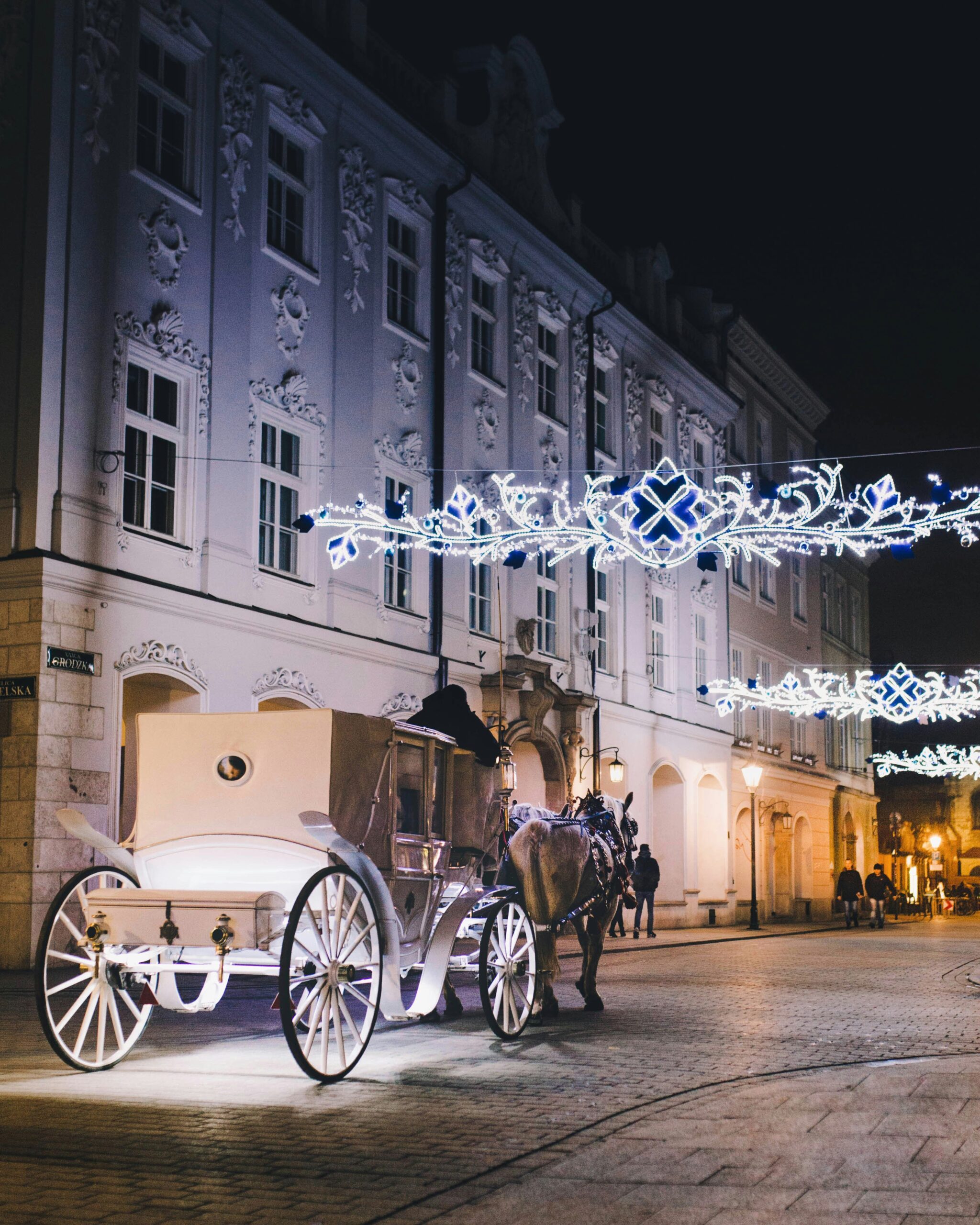
About polish traditions
Polish American Heritage Month is a time of national acknowledgment and celebration of Polish culture, history, and people’s contributions to American society. Established in 1981, this month-long celebration in October is dedicated to honoring the rich Polish heritage and the significant role Polish Americans have played in shaping the United States.
From the earliest settlers in Jamestown to the modern-day, Polish Americans have been integral to the American mosaic through their contributions in various fields including science, arts, business, and military service.
Historical significance of Polish American Heritage Month
The shift from August to October as the Polish American Heritage Month was strategic, allowing schools to participate more actively in the celebration. It also coincides with the historical arrival of the first Polish settlers in Jamestown, Virginia, in October, marking the beginning of Polish contributions to American society. This change was supported by House Joint Resolution 577, passed in 1984, with subsequent presidential proclamations celebrating the contributions of Polish Americans.
Celebratory activities and cultural impact
Activities during Polish American Heritage Month vary widely across the United States, including parades, educational programs, art exhibits, and Polish food festivals. These events serve not only as a celebration of Polish culture but also as an educational platform for people of all backgrounds to learn about the contributions of Polish Americans to the fabric of American society. Traditional Polish music, dance, and especially the cuisine, with pierogi being a celebrated dish, are central to these festivities, showcasing the rich cultural heritage Poland brings to the American cultural landscape.
The resilience of polish identity
Amidst the joyous celebrations, Polish tradition also bears witness to the resilience of the Polish spirit. Historical events, from partitions to uprisings and the devastation of war, have tested the fabric of Polish society. Yet, traditions have served as a beacon of hope and identity for the Polish people. The reenactment of battles, the solemnity of patriotic holidays, and the preservation of monuments all speak to a collective memory and determination to remember the past while forging a future.
Embracing modernity while honoring tradition
In contemporary Poland, these age-old traditions coexist with modernity, demonstrating the adaptability and dynamism of Polish culture. Urban and rural communities alike find ways to incorporate traditional customs into the rhythm of 21st-century life, ensuring that these practices continue to thrive and evolve.
Festivals such as Wianki signify not only the pagan roots of Midsummer celebrations but also the modern desire for connection and festivity. Similarly, initiatives to preserve the Polish language, folk crafts, and culinary arts underscore a national commitment to heritage, even as Poland navigates the challenges and opportunities of globalization.
Conclusion
Polish traditions, from the deeply spiritual to the delightfully peculiar, form a mosaic of cultural identity that is both diverse and unified. They are expressions of a nation’s history, its connection to the land, and its collective soul. By participating in these traditions, one not only experiences the joy and splendor of Polish culture but also becomes part of a legacy that continues to thrive in the hearts of the Polish people.
Embracing Polish tradition means immersing oneself in a world where the past is always present, where community and individual spirit dance together in celebration of life’s enduring beauty. Whether through the solemnity of All Saints’ Day, the exuberance of Easter festivities, or the mystical allure of pagan customs, Poland invites us all to partake in its rich cultural heritage.
Sources:
- https://culture.pl/en/article/7-weird-and-wonderful-polish-easter-traditions
- https://theculturetrip.com/europe/poland/articles/11-things-you-should-know-about-polish-weddings/
- https://www.poland.travel/en/travel-inspirations/oscypek-a-taste-of-the-tatra-mountains
Related Articles
Related
Life in the concentration camps
Daily life in Nazi concentration camps was marked by hunger, exhaustion, and violence. From forced labor to constant surveillance, the system created conditions intended to destroy both the body and spirit of prisoners.
Concentration camp Facts & Definitions
Concentration camps were a defining feature of Nazi rule between 1933 and 1945. They were not only prisons but instruments of forced labor, terror, and genocide. Understanding their definitions, structures, and functions reveals how the system operated on a massive scale.
The Nazi Concentration Camp System
The Nazi concentration camp system grew from a small network of prisons for political opponents into a vast mechanism of persecution and genocide. Between 1933 and 1945, it spread across Europe, shaping the Holocaust and leaving a legacy of immense suffering and loss.
